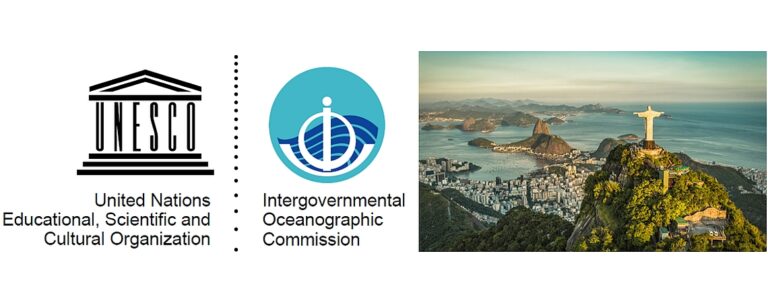Whether we realize it or not, our life and routine are connected daily to the ocean. Our climate, food, history and economy – amongst many other things – are directly influenced by the ocean. And this is true for everyone, those who live in the coastal areas and for all those who live far from the coast too.
Simply put, our relationship with the ocean should be recognized as a culture – an ocean culture that involves that involves knowledge, respect, art, customs and is embroidered into the fabric of our lives.
In this context, UNESCO’s Intergovernmental Oceanographic Commission (IOC) launched its Ocean Literacy programme, including an online portal to promote awareness and exchange of knowledge, and a teaching guide and toolkit to mainstream ocean literacy into schools worldwide. Promoting Ocean Literacy is one of UNESCO’s goals for the Decade of Ocean Science for Sustainable Development (the Ocean Decade), which the United Nations (UN) has proclaimed for the years 2021 to 2030.
This week, through a partnership between the Federal University of São Paulo’s Maré de Ciência Project and the Secretariat of Environment of the Santos Municipality, a Portuguese translation of IOC’s “Ocean Literacy for all: A toolkit” will be released for use in public and private schools throughout the state of São Paulo and, ultimately, anywhere in Brazil.
The Portuguese kit was formally launched during an event on 5-6 September in Santos, Brazil’s largest port city. Cultura Oceânica, the term usedd in Brazil for Ocean Literacy, is an invitation for schools, companies, NGOs, government, universities, communities, citizens, each and every one of us, to recognize the role of the ocean in our lives, to talk about its importance, to recognize our influence on the ocean, think about our behaviors and propose actions, public policies, and innovative tools that help conserve the ocean and ensure the quality of life for future generations. The launch event in Santos was an opportunity for recognizing and valuing what has already been done in this area in different countries and boost new actions and discussions.
For more information, please contact Ronaldo Christofoletti (UNIFESP – christofoletti@unifesp.br) or Francesca Santoro (IOC – f.santoro@unesco.org).

